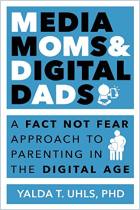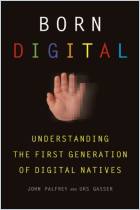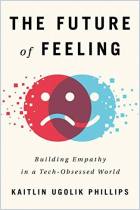Are you concerned about how digital technology could affect your child’s development and wondering how best to use it? Author Katie Davis explores the profound effects of digital tools on young minds from early childhood through adolescence. She examines how technology influences social connections, mental health, and identity formation, revealing its potential harms and benefits. Through research and real-world examples, Davis highlights the need for thoughtful design, policy changes, and parental guidance to create healthier digital experiences.
Interactive technology can support the development of executive functions if children control how they engage with it and parents guide its use.
Over the years, children’s interaction with technology has shifted from passive TV watching to much more interactive forms of digital media, such as games on tablets and smartphones. When TV first became widespread, many people were concerned that it bypassed and, thus, hindered the development of children’s budding executive function skills — such as self-regulation, working memory, and cognitive flexibility.
With the advent of smartphones and tablets and the rise of new apps and digital services aimed at children, such concerns have grown. Research suggests that these new technology forms — which often include interactive elements that respond to user actions like tapping, swiping, or speaking — can both support and hinder child development. For example, interactive educational apps can bolster specific executive function skills when they allow kids to engage with them at their own pace. However, apps that do not allow the child to control the pace and steps of the game or activity and ...


















Comment on this summary or Diskussion beginnen